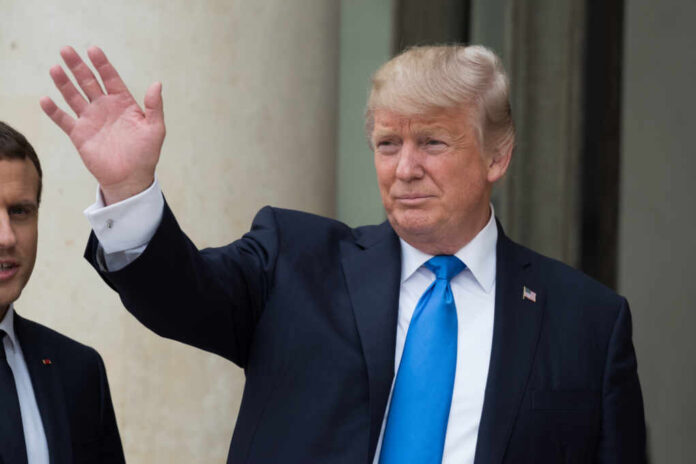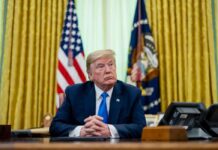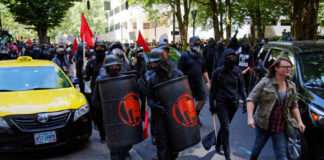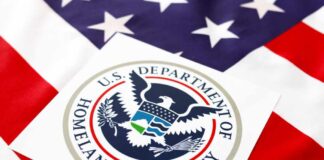
In a revelation that raises fresh concerns about the scope of unconstitutional government surveillance, the Select Subcommittee on the Weaponization of the Federal Government has uncovered that the Financial Crimes Enforcement Network (FinCEN), a bureau within the Biden administration’s Treasury Department, advised financial institutions to monitor customer transactions using terms like “Trump” and “MAGA.” The investigative move came after the events of January 6, 2021, as part of what appears to be widespread warrantless searches of confidential information.
Documents obtained by the subcommittee indicate that FinCEN distributed materials to financial bodies outlining ‘typologies’ of persons of interest, suggesting search terms and Merchant Category Codes (MCCs) for identifying transactions for federal law enforcement. This included generic terms such as “TRUMP” and “MAGA.”
FinCEN’s guidance went beyond just political references. The bureau warned of “extremism” indicators that could flag transactions for further scrutiny. These indicators included transportation-related expenses like bus tickets, rental cars, or plane tickets to areas with no clear purpose, and the purchase of books or media subscriptions perceived to contain extremist views. This guidance from a government agency to monitor private transactions based on political and religious expression should outrage every American.
Jim Jordan seeks answers from former Treasury official over flagged "MAGA" transactions https://t.co/Ca2044bwEP pic.twitter.com/cuFaAp9NLq
— The Hill (@thehill) January 17, 2024
Rep. Jim Jordan (R-OH), chair of the Judiciary Committee’s subcommittee on the weaponization of the federal government, emphasized the intrusion into private transactions, stating, “FinCEN urged large financial institutions to comb through the private transactions of their customers for suspicious charges based on protected political and religious expression.”
Further intensifying concerns, FinCEN is also accused of instructing financial institutions on how to detect customers who may reflect “potential active shooters,” including those who may be categorized as “International Terrorists / Domestic Terrorists / Homegrown Violent Extremists.” One notable slide provided by the Subcommittee details how financial institutions could use MCC codes to detect such transactions, pointing to stores like Dick’s Sporting Goods, Bass Pro Shop, and Cabela’s, and gun manufacturers like Sig Sauer, Browning and Glock.
🚨 #BREAKING: Federal Government Flagged Transactions Using Terms like "MAGA" and "TRUMP" for Financial Institutions
Individuals who shopped at stores like Cabela's, Dick's Sporting Goods, or purchased religious texts like a bible, may also have had their transactions flagged. pic.twitter.com/zOJzfljuAG
— Weaponization Committee (@Weaponization) January 17, 2024
The Wednesday letter from Jordan to Noah Bishoff, former Director of the Office of Stakeholder Integration and Engagement in the Strategic Operations Division of FinCEN, highlights the need for his testimony. Jordan argues that it will help the Committee understand “federal law enforcement’s mass accumulation and use of Americans’ private information without legal process” and FinCEN’s protocols to safeguard American privacy and constitutional rights.
This scrutiny of FinCEN’s practices by the Subcommittee underlines a growing concern among conservative circles about the extent of government surveillance and its potential impact on civil liberties. Jordan’s call for answers from FinCEN underscores a quest for transparency and accountability in government operations, particularly in the context of financial surveillance.
While the Treasury Department has declined to comment, the development is a reminder of the ongoing debate over the role of government in monitoring private citizen activities, especially when it intersects with political expressions and the exercise of fundamental constitutional rights protected by the First, Second, and Fourth Amendments.












